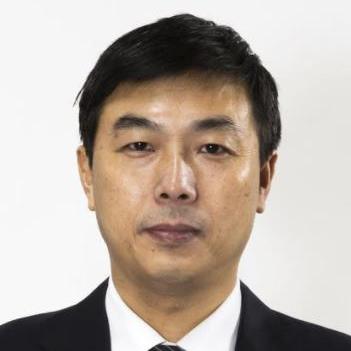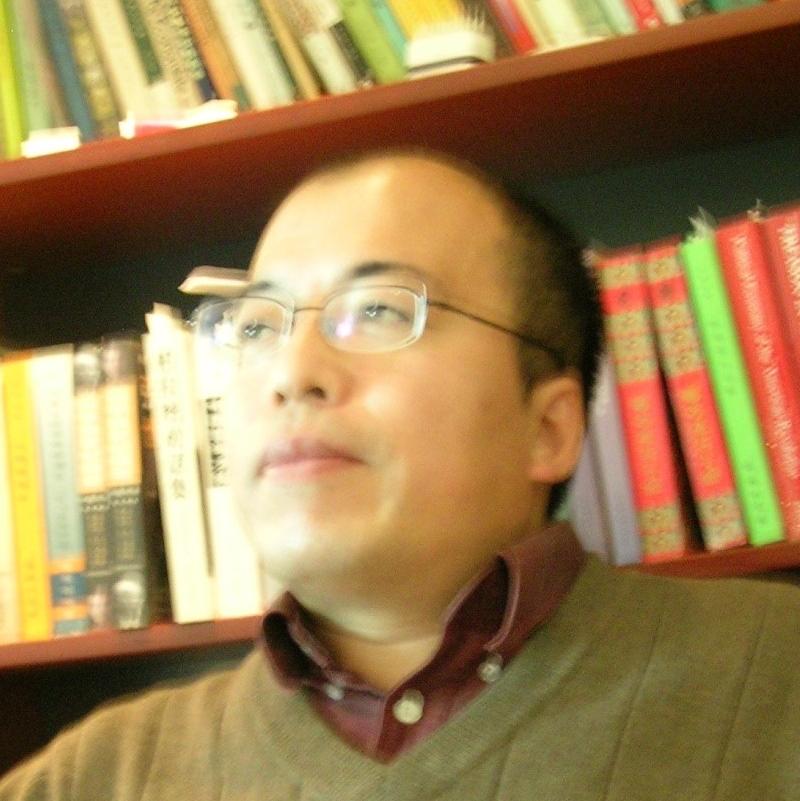On April 23rd, US President Barack Obama arrived in Japan for a bilateral visit. On the eve of the trip, he said that the Diaoyu Islands (what he referred to as “the Senkaku Islands”) fall within the scope of the US-Japan Treaty of Mutual Cooperation and Security. The media immediately jumped on this latest and highest-level US official statement on this contentious issue between China and Japan. How will Obama’s comment affect the dispute over the islands and East Asia in general?
First, Obama’s Asia tour is largely intended to reinforce existing alliances. The relative decline of US power has implications for the region. Because of its economic woes at home, the US is finding it hard to meet various demands of its alliances. To maintain its dominance in East Asia, it has to rely on its alliances. And to get its allies to do their part, the US has to act as their advocate in regional hotspots and potential crises. The islands dispute between China and Japan provides a good opportunity to demonstrate US commitment and obligations, which it badly needs to do to shore up its reputation and leadership in the region. By fuelling territorial disputes in East Asia and compelling China to respond, the US can point to signs of a more aggressive China and encourage its allies to watch China’s every move. The US will not let slip such a golden opportunity to tighten its alliances with some of China’s neighbours.
Second, the US sees the evolving situation in East Asia as at a crucial juncture and a moment of great sensitivity. It has to do something to advance its strategic interests. The US is ditching “strategic ambiguity” in favour of greater “strategic clarity,” because, in its view, China is crossing a line in the sand. In its strategic wrestling with China, any softening of US position would hand Beijing a win and tip the balance against Washington. So the first instinct is to stake a clear position on sensitive regional issues. By speaking out on a dispute between China and Japan, the US can demonstrate its deep interest in the region.
Third, apart from rebuilding alliances, another goal of Obama’s trip is to advance the negotiation of a Trans-Pacific Partnership (TPP) trade agreement. The US hopes that by giving Japan security assurances, Tokyo would reciprocate by offering cooperation on substantive economic issues, such as that of agricultural products in TPP negotiations. This will help to achieve two US goals at the same time: demonstrating its commitment to an ally and obtaining economic benefits from it.
This is the context of the Obama comment. But when all is said and done, the US position will do nothing to change the status quo of the islands or bring a big bonus to Japan.
First, Obama’s statement offers nothing new. Senior US officials, including the Secretary of State and Pentagon officials from the previous administration, have made similar statements before. Besides, the scope of an alliance only has security implications; it cannot affect the ownership of the islands in question. In the past, the US has said its security treaty with Japan covers incidents in the region, including Taiwan. Yet such indications did not have a substantive impact on sovereignty. Put more clearly, the scope of an alliance may, in some cases such as this particular one, extend to a non-sovereign, administered territory, but that’s what it is: a territory whose sovereignty is still in dispute.
Second, despite the verbal statement, the US has not said it will fight for the islands – this much President Obama has made clear. The fact remains that when fulfilling its alliance obligations, the US has to defer to domestic legislation and authorisation from Congress. In any case, Article V of the US-Japan treaty is not clear on the extent of US response in a given scenario: it only says the US “declares that it would act”. This commitment still leaves the US enormous room for manoeuvre. It is hard to believe that the US would stake its strategic interests on a few islets in the East China Sea.
The recent, clearer statement from Obama still maintains considerable ambiguity. The implication of his statement is rhetorical rather than substantive. It must be balanced against repeated affirmations of official US position that the US takes no position in territorial disputes such as that over the Diaoyu Islands. A change of position would cost US credibility with China and other East Asian countries, a prospect that the US will not want to invite.
So the bottom line is: the Obama statement has not changed US position on the Sino-Japanese dispute. When parsing his comment, we need to keep this in mind.
There is another point we need to bear in mind: The US will not be drawn into a direct military conflict with another power over the islands, and Japan will not be able to occupy them with or without US military support.
Then, what has motivated the US to make the comment? Washington’s calculation is to get Tokyo to make a substantial economic concession in exchange for its elusive rhetorical commitment. That is what this is all about: just a game of words.
At a deeper level, it reflects the difficulty of managing an alliance in which the credibility of one party is questioned by the other. This reinforces the need for the US to reaffirm its authority and previous assurances. Yet the US-Japan alliance – and, for that matter, any alliance the US maintains – has had a chequered history. Washington has wooed Tokyo at times and pressured it at other times: they have grown accustomed to using each other to further their own interests. And when their interests diverge, the alliance may unravel.
What worries Washington the most is that Tokyo might use its verbal commitment to involve itself in a developing crisis. Chances are that the verbal assurance it has given will become a strategic liability, prompting the US to keep a close eye on Japan.
And surely, deep down, Tokyo knows Washington is just honouring the alliance with lip service.
Wang Fan is Assistant President of China Foreign Affairs University.



